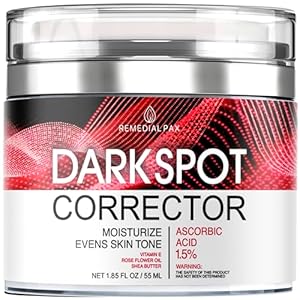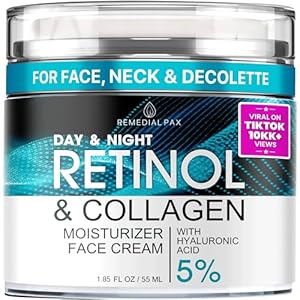The incidence and progression of many specific diseases and declines of aging correlate with one another. Insofar as aging as a whole emerges from a shared set of underlying forms of cell and tissue damage, one would expect this to be the case. Still, some consequences of aging feed into other consequences, making them worse. The challenge lies in teasing out the differences between these two classes of mechanism from human epidemiological data. The research noted here looks at muscle loss and dementia. Aging leads to chronic inflammation and mitochondrial dysfunction, both of which independently negatively impact the ability to maintain muscle mass and the function of the brain. Equally, loss of muscle mass implies loss of myokine signaling and lower levels of activity, both of which could speed neurodegeneration. Which is more important? That is a hard question to answer given only human study data to work with.
As people grow older, they begin to lose skeletal muscle mass. Because age-related skeletal muscle loss is often seen in older adults with Alzheimer’s disease (AD) dementia, this study aimed to examine whether temporalis muscle loss (a measure of skeletal muscle loss) is associated with an increased risk of AD dementia in older adults. The temporalis muscle is located in the head and is used for moving the lower jaw. Studies have shown that temporalis muscle thickness and area can be an indicator of muscle loss throughout the body.
Researchers used baseline brain MRI exams from the Alzheimer’s Disease Neuroimaging Initiative cohort to quantify skeletal muscle loss in 621 participants without dementia (mean age 77 years). The researchers manually segmented the bilateral temporalis muscle on MRI images and calculated the sum cross-sectional area (CSA) of these muscles. Participants were categorized into two distinct groups: large CSA (131 participants) and small CSA (488 participants). Outcomes included subsequent AD dementia incidence, change in cognitive and functional scores, and brain volume changes between the groups. Median follow-up was 5.8 years.
Based on their analysis, a smaller temporalis CSA was associated with a higher incidence risk of AD dementia. Furthermore, a smaller temporalis CSA was associated with a greater decrease in memory composite score, functional activity questionnaire score and structural brain volumes over the follow-up period. “We found that older adults with smaller skeletal muscles are about 60% more likely to develop dementia when adjusted for other known risk factors.”












